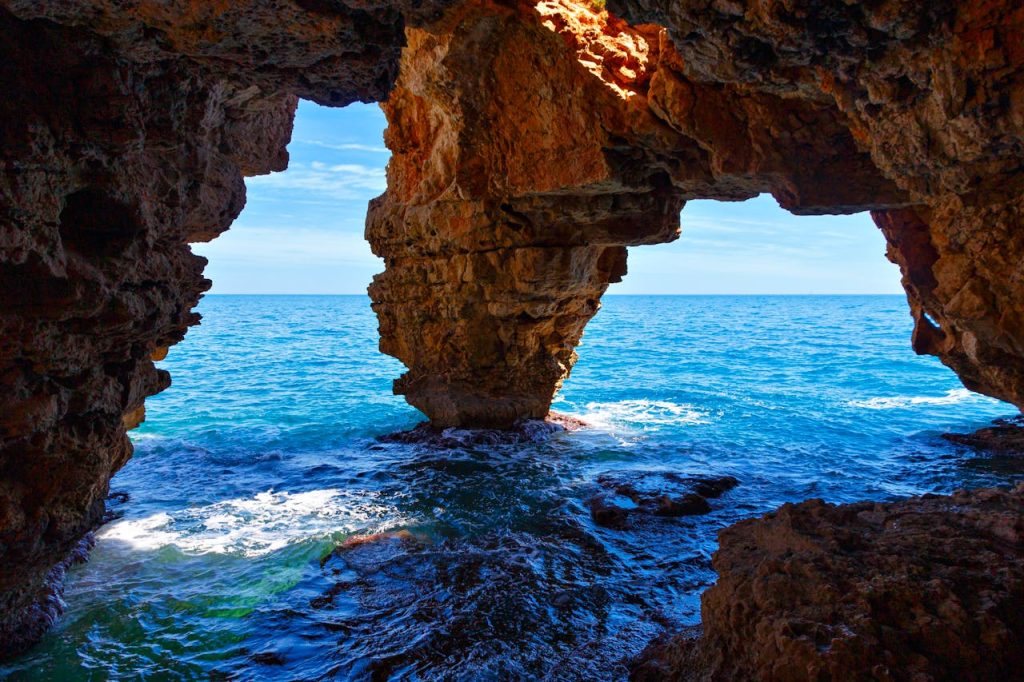
Alicante Province, nestled along Spain’s southeastern coast, is a region of immense cultural richness, diverse landscapes, and historical depth. Known for its stunning Costa Blanca, the “White Coast,” Alicante attracts millions of visitors yearly with its enchanting beaches, mild climate, and vibrant festivals. This article explores the multifaceted appeal of Alicante Province, from its coastal splendor to its mountainous hinterlands and everything in between.
Geographical Diversity
Spanning from the picturesque coastlines to the rugged interior landscapes, Alicante Province offers a geographic diversity that caters to all tastes. The coastline is renowned for its extensive beaches with fine, golden sand and crystal-clear waters, while the interior features mountain ranges such as the Sierra de Aitana, where scenic hiking trails and traditional villages abound.
Historical Richness
The history of Alicante is as layered as its landscapes, with influences from the Romans, Moors, and Christians. This rich past is evident in the various historical sites scattered throughout the province. One notable example is the Castle of Santa Bárbara, located atop Mount Benacantil in Alicante city, offering panoramic views of the surrounding area and a deep dive into the region’s past.
Another significant site is the archaeological complex at Lucentum, an ancient Roman city that provides insights into the early history of the region. Similarly, the town of Elche, with its UNESCO World Heritage-listed Palm Grove and the mysterious Lady of Elche bust, adds to the historical tapestry of the province.
Cultural Vibrancy
Alicante is not just about historical sites; it is also a vibrant hub of contemporary culture and festivals. The province is famous for its traditional festivals, such as the Bonfires of Saint John in Alicante city and the Mystery Play of Elche, both of which are UNESCO Intangible Cultural Heritage of Humanity.
The province’s culinary scene is equally rich, characterized by rice dishes like paella, seafood, and the region’s own version of tapas. Local vineyards produce some excellent wines, particularly those from the Vinalopó valley, which are a must-try for any visitor.
Economic Overview
Alicante’s economy is traditionally based on tourism, agriculture, and shoe manufacturing, with footwear production centered in the town of Elche, which hosts some of the most innovative shoe companies in Europe. The province is also becoming a hub for technology and service industries, attracting entrepreneurs and startups, particularly in Alicante city, which offers various business incentives.
Tourist Attractions
Coastal Attractions
Alicante’s coast offers more than 200 kilometers of beaches, ranging from vast sandy stretches like Playa de San Juan to secluded coves such as Cala Granadella in Jávea. Beyond sunbathing and water sports, the coastal towns of Alicante, such as Altea, Calpe, and Benidorm, provide a lively atmosphere with their promenades, restaurants, and nightlife.
Inland Gems
Inland, the scenery changes to dramatic mountain ranges and peaceful valleys. Towns like Guadalest, set atop a granite mountain and accessible only through a tunnel, offer stunning views and a step back in time with well-preserved medieval architecture.
Natural Parks
Alicante is home to several natural parks, including the Montgó Natural Park in Dénia, which boasts diverse flora and fauna alongside hiking trails that reveal the area’s natural beauty.
Leisure and Recreation
Alicante Province caters to a wide array of recreational activities. Golf enthusiasts will find many courses along the coast, designed to international standards. For adventurers, the mountainous areas offer rock climbing, mountain biking, and paragliding.
Art and Museums
The Alicante Museum of Contemporary Art (MACA) houses works by Spanish artists such as Joan Miró and Salvador Dalí. The MARQ Provincial Archaeological Museum, which offers an innovative approach to archaeology via high-tech interactive displays, adds a modern twist to the province’s ancient artifacts.
Festivals and Events
The calendar in Alicante is packed with festivals, from the solemn and traditional to the colorful and exuberant. One of the most visually striking is the Moors and Christians festival, celebrated in various towns throughout the province, which commemorates the historical battles that shaped the region.
Accessibility
Alicante is well-connected both nationally and internationally via the Alicante-Elche Airport, which offers flights to major cities across Europe and beyond. The province also boasts an efficient network of roads and high-speed train services linking it to major Spanish cities.
Conclusion
Alicante Province is a region of contrasts and traditions, offering everything from beachside leisure to historical explorations and cultural festivities. Whether one is seeking a quiet retreat in the scenic hinterlands or a vibrant coastal escape, Alicante provides an enriching and diverse experience that captures the essence of Spanish life.
Alicante
Alicante Airport